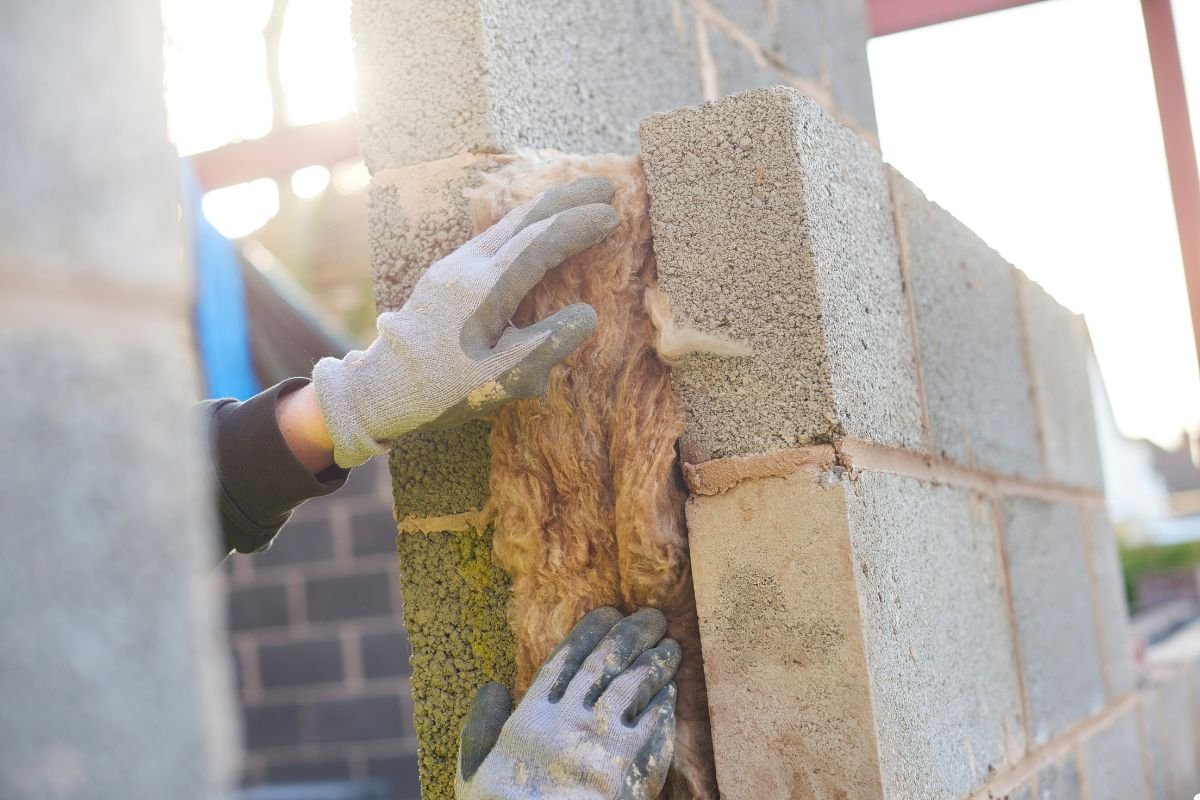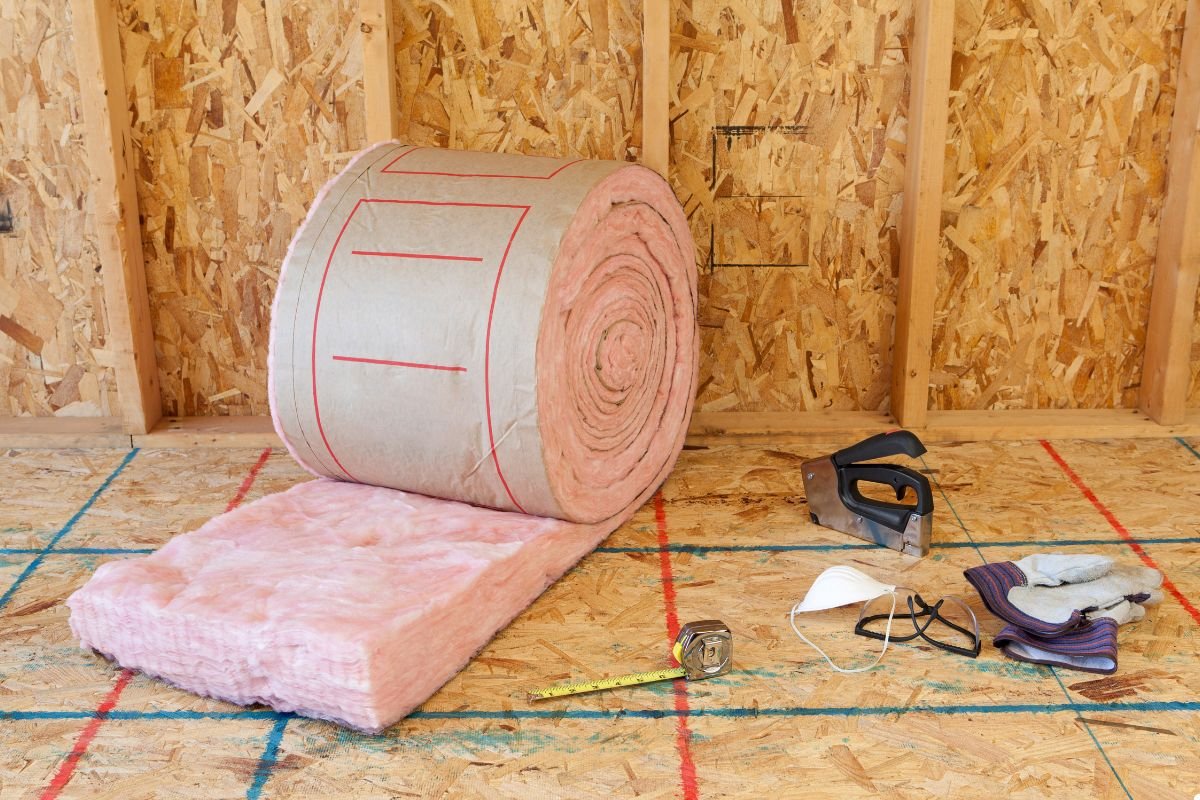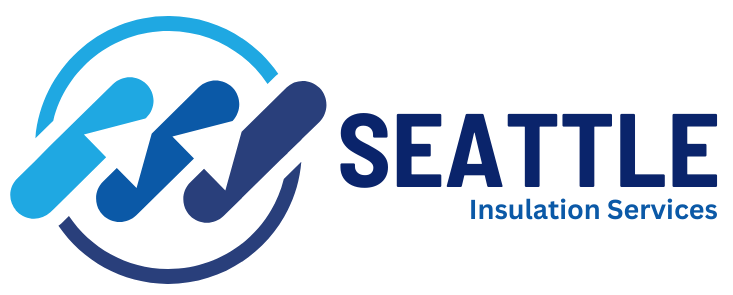
Absolutely! Adding insulation to existing walls is often a worthwhile project for Seattle homeowners looking to improve comfort and reduce energy bills. While it can be a bit more involved than insulating unfinished spaces, the benefits can be significant. This guide will walk you through the process, helping you determine if it’s the right choice for your home. Call us today to learn more and get started!
Benefits Beyond Warmth: Why Seattle Homes Need Insulation
Seattle’s climate, with its damp winters and moderate summers, presents unique challenges for homeowners. Proper insulation isn’t just about staying warm; it’s about creating a comfortable and energy-efficient living space year-round.
- Energy Savings & Lower Bills: This is the most obvious benefit. By reducing heat loss in the winter and heat gain in the summer, insulation can significantly lower your energy consumption and, consequently, your monthly utility bills.
- Increased Comfort (Warmer in Winter, Cooler in Summer): Insulation helps maintain a consistent temperature throughout your home, eliminating drafts and cold spots in the winter and keeping your home cooler and more comfortable during the summer months. With our services, you can eliminate drafts and cold spots in winter while keeping your home cool in summer.
- Soundproofing: Insulation also acts as a sound barrier, reducing noise from outside and between rooms inside your home. This can be particularly valuable in busy Seattle neighborhoods.
- Reduced Carbon Footprint: By using less energy, you’ll reduce your carbon footprint and contribute to a more sustainable future.

Choosing the Right Insulation for Your Seattle Home
Several types of insulation are suitable for adding to existing walls. Here’s a breakdown:
- Blown-In Insulation (Cellulose, Fiberglass, Rockwool): This is a popular and cost-effective option. It involves drilling small holes in the walls and blowing loose-fill insulation into the cavities. Cellulose is made from recycled paper, fiberglass from molten glass, and rockwool from stone.
- Pros: Relatively inexpensive, good for filling irregular spaces, environmentally friendly (cellulose).
- Cons: Can settle over time, requiring top-up; fiberglass can be an irritant during installation.
- Spray Foam Insulation (Open-Cell, Closed-Cell): Spray foam is a more expensive option but offers excellent insulation and air sealing properties. It expands to fill the wall cavity, creating an airtight barrier.
- Pros: Excellent insulation value, air sealing properties, prevents moisture intrusion (closed-cell).
- Cons: More expensive, can be difficult to install, may require professional installation.
- Injection Foam Insulation: Similar to spray foam but designed for existing walls. It’s injected into the wall cavity and expands to fill the space.
- Pros: Good for tight spaces, less disruptive than removing drywall.
- Cons: Can be expensive, may not fill all voids completely.
How to Insulate Existing Walls: DIY vs. Professional
While some homeowners may be tempted to tackle this project themselves, insulating existing walls can be challenging, especially if you’re not experienced.
- DIY Approach: When It Makes Sense (and When It Doesn’t): If you have basic construction skills and are comfortable working with power tools, you might be able to install blown-in insulation yourself. However, it’s crucial to be aware of potential problems, such as moisture intrusion and improper installation. If you have older wiring or plumbing, it is recommended to hire a professional.
- Professional Installation: What to Expect: A professional insulation contractor will assess your home, recommend the best insulation type, and handle the installation process from start to finish. This typically involves:
- Drilling small holes in the exterior or interior walls.
- Blowing or injecting insulation into the wall cavities.
- Patching and repairing the holes.
- Air sealing any gaps or cracks.
How Much Does Insulating Existing Walls Cost in Seattle?
The cost of insulating existing walls in Seattle can vary depending on several factors:
- Factors Affecting Cost:
- Type of insulation
- Size of the area to be insulated
- Accessibility of the walls
- Labor costs
- Average Costs Per Square Foot:
- Blown-in cellulose: $1.00 – $2.50 per square foot
- Blown-in fiberglass: $0.80 – $2.00 per square foot
- Spray foam: $3.00 – $6.00 per square foot
- Injection foam: $2.50 – $5.00 per square foot
- Potential Rebates and Incentives: Check with your local utility company and the City of Seattle for available rebates and incentives for energy-efficient home improvements. These can significantly offset the cost of insulation.
Addressing Common Concerns When Insulating Existing Walls
- Moisture Issues and Prevention: Improper insulation can trap moisture inside walls, leading to mold and rot. It’s crucial to ensure proper ventilation and air sealing to prevent these problems.
- Air Sealing: Air sealing is an important step in the insulation process. Sealing gaps and cracks around windows, doors, and other openings will prevent air leaks and improve the effectiveness of your insulation.
- Finding Qualified Contractors: It’s essential to hire a qualified and experienced insulation contractor who is familiar with Seattle building codes and best practices. Check online reviews, ask for references, and verify that the contractor is licensed and insured.

Is Insulating Your Existing Walls Right for Your Seattle Home?
Insulating existing walls can be a great way to improve your home’s comfort, lower your energy bills, and reduce your carbon footprint. However, it’s essential to carefully consider the costs, benefits, and potential challenges before making a decision. Consulting with a qualified insulation contractor is always a good idea. They can assess your home, recommend the best insulation options, and provide you with a realistic cost estimate. Ready to upgrade your home’s insulation? Contact us today for expert advice and a free estimate!
Frequently Asked Questions About Insulating Existing Walls
Will insulating my walls really lower my energy bills in Seattle?
Yes, it can significantly reduce your energy bills by reducing heat loss in the winter and heat gain in the summer.
What type of insulation is best for older homes in Seattle?
Blown-in cellulose is often a good choice for older homes because it’s environmentally friendly and can fill irregular spaces.
How do I find a reputable insulation contractor in Seattle?
Check online reviews, ask for references, and verify that the contractor is licensed and insured.
Are there any rebates or tax credits for insulating my home in Seattle?
Check with your local utility company and the City of Seattle for available rebates and incentives.
How long does it take to insulate existing walls?
The time it takes will depend on the size of your home and the type of insulation used. A typical project can take one to three days. Call us today for a free consultation!

